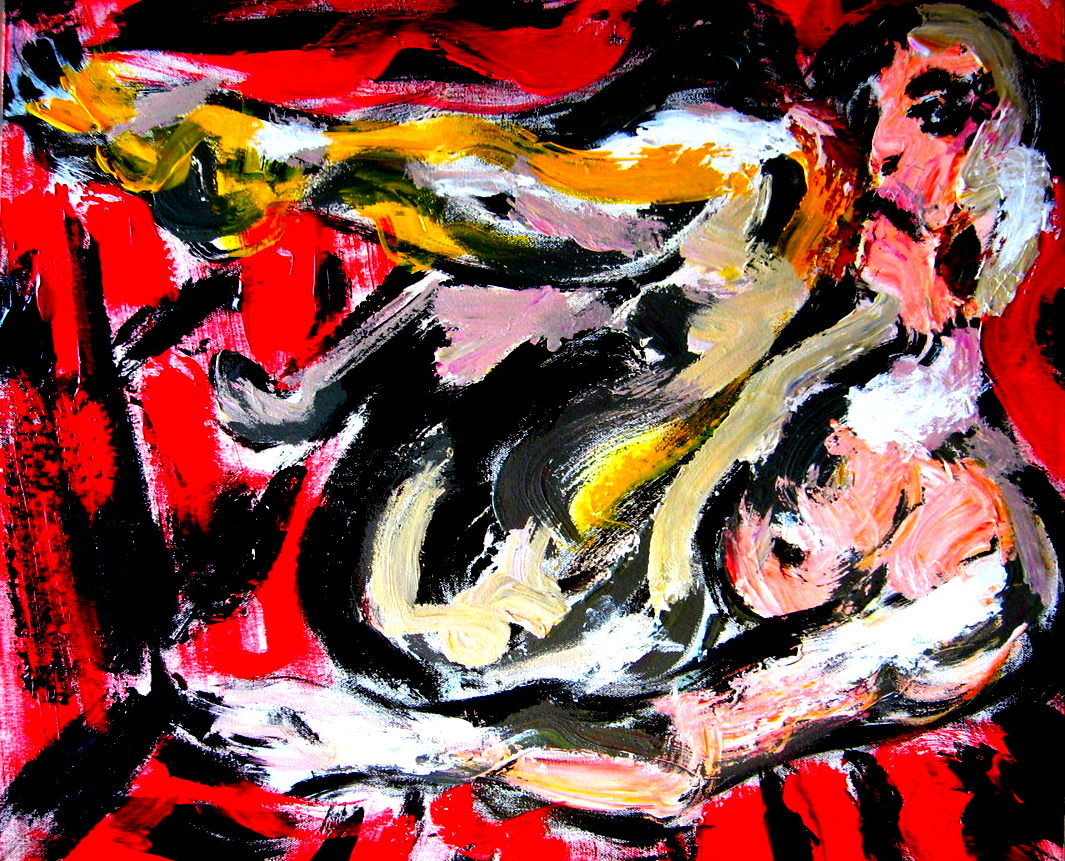The world becomes smaller everyday as technology and global transportation become more accessible and affordable.[1]As a result, human trafficking has more efficient, evolving into a massive system of oppression. Typically, victims of human trafficking have been targeted by local governments through criminal prosecutions charging and convicting them of prostitution or other related charges. [2] I argue criminal prosecutions are ineffective to resolve the issue of human trafficking, and this note purports to inform you why.
“Human trafficking, also known as trafficking in persons or modern-day slavery, is a crime that involves compelling or coercing a person to provide labor or services, or to engage in commercial sex acts.”[3] Victims of human trafficking do not stay in one country; they are transported to many different locations around the world. This illustrates the importance of countries coming together to combat the global issue of human trafficking.[4] Many victims of human trafficking are migrant workers, who are being exploited in factories and other types of physical labor.[5] The most common form of human trafficking is sex trafficking, accounting for nearly 79 percent.[6] Sex trafficking is defined as “the recruitment, harboring, transportation, provision, or obtaining of a person for the purpose of a commercial sex act.”[7]
The United States has been condemned for being critical on other countries but internally has not effectively addressed the issue.[8] In the United States, The Victims Protection Reauthorization Act (TVPR) was passed in 2003 and reauthorized in 2005, after activists spoke out arguing there needed to be more state protections for victims of sex trafficking.[9] The act did acknowledge human trafficking was occurring in the United States, but it still had a heavy emphasis on human trafficking in foreign countries.[10] The United States has dedicated significant resources toward fighting the international trafficking of children,” but “has taken limited steps to address the commercial sexual exploitation of children domestically.”[11] Currently, only seventeen states have passed Safe Harbor laws, which prohibit criminal prosecution for minors charged for prostitution and instead send them to social services. However, in many states, victims of sex trafficking are arrested, and charged for prostitution and other related offense.[12]
The Executive Director of UNODC, Antonio Maria Costa said “many governments are still in denial. There is even neglect when it comes to either reporting on, or prosecuting cases of human trafficking”.[13] He pointed to the fact that while the number of convictions for human trafficking is increasing, two out of every five countries covered by the UNODC Report had not recorded a single conviction.[14] In 2000, The United Nations approved the “Protocol to Prevent, Suppress and Punish Trafficking in Persons, Especially Women and Children,” otherwise known as the “Palermo Protocol.”[15] This protocol focused on pushing nations to pass their own laws within their respective countries to prosecute traffickers and other protective measures such as border patrol and service to help the victims of human trafficking.[16] For example, in Morocco Interpol arrested 195 people and rescued 500 victims of human trafficking.[17]This investigation “involved [twenty-four] countries exchanging intelligence and support from the International Organization for Migration and other international groups. These arrests included, “…people in Sudan suspected of trafficking migrants to the Middle East and exploiting children in factories, people in Spain suspected of smuggling Africans to Europe, and Chinese citizens in South Africa suspected of exploiting Malawian migrants,” and no arrests of sex trafficking victims.[18] This investigation demonstrates the importance of the combined efforts of countries around the world when fighting against sex trafficking.
It is my view that individual countries, like the United States, need to write their own laws and enforcement to match international law’s focus on rescuing victims of human trafficking rather than criminally prosecuting them. For example, the United States needs to put pressure on States to pass protections like Safe Harbor Laws. Victims of sex trafficking often have vital first-hand knowledge of how the criminal organization operate and who is in charge.[19] I advocate the position that if victims of sex trafficking are in fear of being criminally prosecuted by local governments, they will be reluctant to come forward to provide authorities with information. This information could lead to the arrest of the individuals and organizations responsible for international sex trafficking, like the Interpol investigation in Morocco.
[1] Liraz Postan, How Our World Is Getting Smaller, BLEND (January 25, 2020), https://www.getblend.com/blog/world-getting-smaller.
[2] Tamar R. Birckhead, The “Youngest Profession”: Consent, Autonomy, and Prostituted Children, 88 WASH. U. L. REV. 1055, 1070-74, 1077-78 (2011).
[3] What is Human Trafficking? U.S. Dep’t of Just. (October 13, 2020), https://www.justice.gov/humantrafficking/what-is-human-trafficking.
[4] Carrie N. Baker, The Influence of International Human Trafficking on United States Prostitution Laws: The Case of Expungement Laws, 62 Syracuse L. Rev. 171 (2012).
[5] 195 Arrested in Vast International Human Trafficking Sweep, A.P. News (Apr. 9, 2021).
[6] Global Report on Trafficking in Persons. U.N. Off. on Drugs & Crime (UNODC), (2009). https://www.unodc.org/unodc/en/human-trafficking/global-report-on-trafficking-in-persons.html
[7] Trafficking Victims Protection Act of 2000 § 103(9), 22 U.S.C. § 7102(9) (2006) [hereinafter, TVPA].
[8] Baker, supra note 4, at 175.
[9] Trafficking Victims Protection Reauthorization Act of 2005 § 2(4)-(6).
[10] Id.
[11] Birckhead, supra note 2, at 1062.
[12] Id.
[13] Supra note 6.
[14] Id.
[15] Protocol to Prevent, Suppress and Punish Trafficking in Persons, Especially Women and Children, Supplementing the United Nations Convention Against Transnational Organized Crime, Nov. 15, 2000, 2237 U.N.T.S. at 343.
[16] Id. at 348.
[17] Supra note 5.
[18] Id.
[19] Baker, supra note 4, at 176-177.


